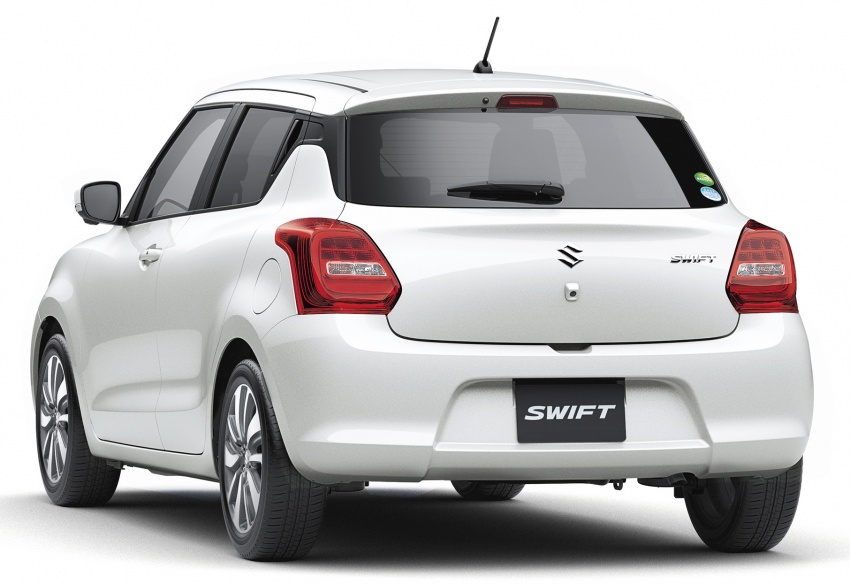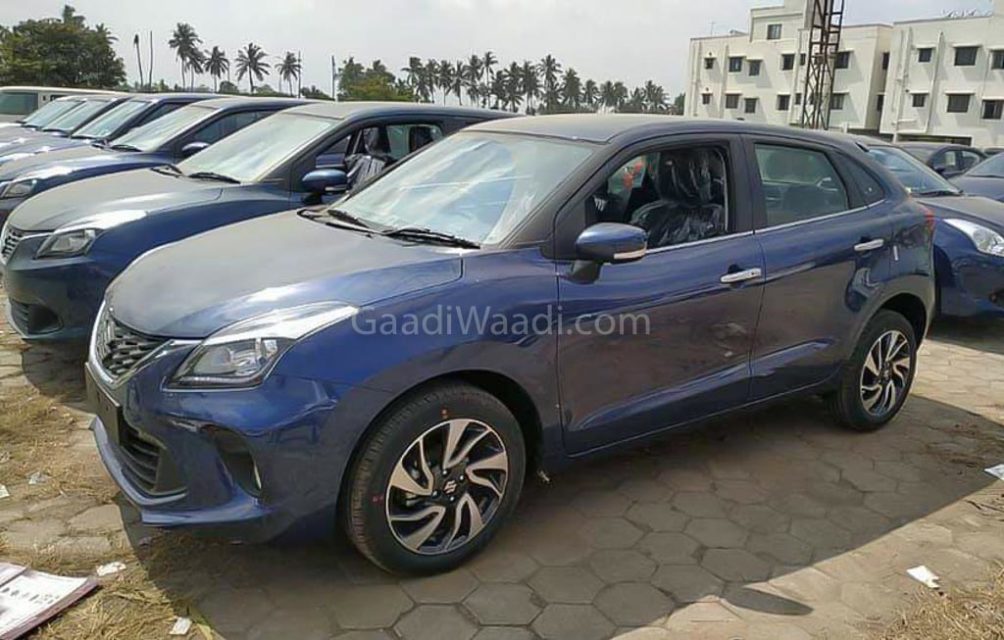
The implementation of BSVI emission norms could ruin the cost effectiveness of diesel engines leading them to drop out of the range
Automobile manufacturers and suppliers are working overtime to meet the stringent BSVI emission standards coming into effect from April 1, 2020 and the leading carmaker in the country is no different. Maruti Suzuki has been reinforcing its engineering as well as R&D divisions to bring up the optimum solutions ahead of the deadline.
Two years ago, Central Government announced the direct switch from BSIV to BSVI instead of proceeding with BSV norms. The new vehicles rolled out of production lines without BSVI compliant engines are deemed illegal after the said timeline. Maruti Suzuki has more than 15 models and over 40 variants of powertrains with a different engine and gearbox combinations and it is certainly an uphill task to meet the regulations.
Reports suggest that works regarding BS-VI implementation are simultaneously underway at Maruti Suzuki’s Research & Development centre at Rohtak and Gurgaon along with Suzuki’s HQ in Japan. The sentiment among general buyers have shifted in recent times leading to increased sales of petrol vehicles.
Not so long ago, diesel engines with high fuel efficiency were major volume contributors and the scenario has completely changed recently. Moreover, the diesel variants cost subsequently more than that of petrol right now and when the BSVI norms and Real Driving Emissions (RDE) testing come into act, the potential for the oil burners to get costlier is even higher.
Car brands will also have to make do with increased safety standards for vehicles across the board. With the addition of more safety features and new BSVI compliant engine, the cost of vehicles will certainly raise and that does not go well among our cost sensitive Indian buyers.
It doesn’t bode well mainly for the diesel powertrains though, as it will be the most suffered. Maruti Suzuki’s Chairman, RC Bhargava, has always been vocal about promoting alternative fuels such as hybrid, biofuel and CNG before the complete industry transition towards all-electric vehicles.
In contrary to Government’s plans only 15 per cent of total vehicles will be electrified by 2030. The remaining would have to deal with other means of clean energy sources. With the focus right back at hybridised vehicles again, we may encounter carmakers gradually dislodging their diesel lineup as it could be deemed too costly or unviable in the near future.
Consequently, Maruti Suzuki will likely pull the plugs on diesel variants of its top-selling Swift, Baleno and Dzire models as early as 2020 – all of them currently using the Fiat-sourced 1.3-litre diesel engine.

